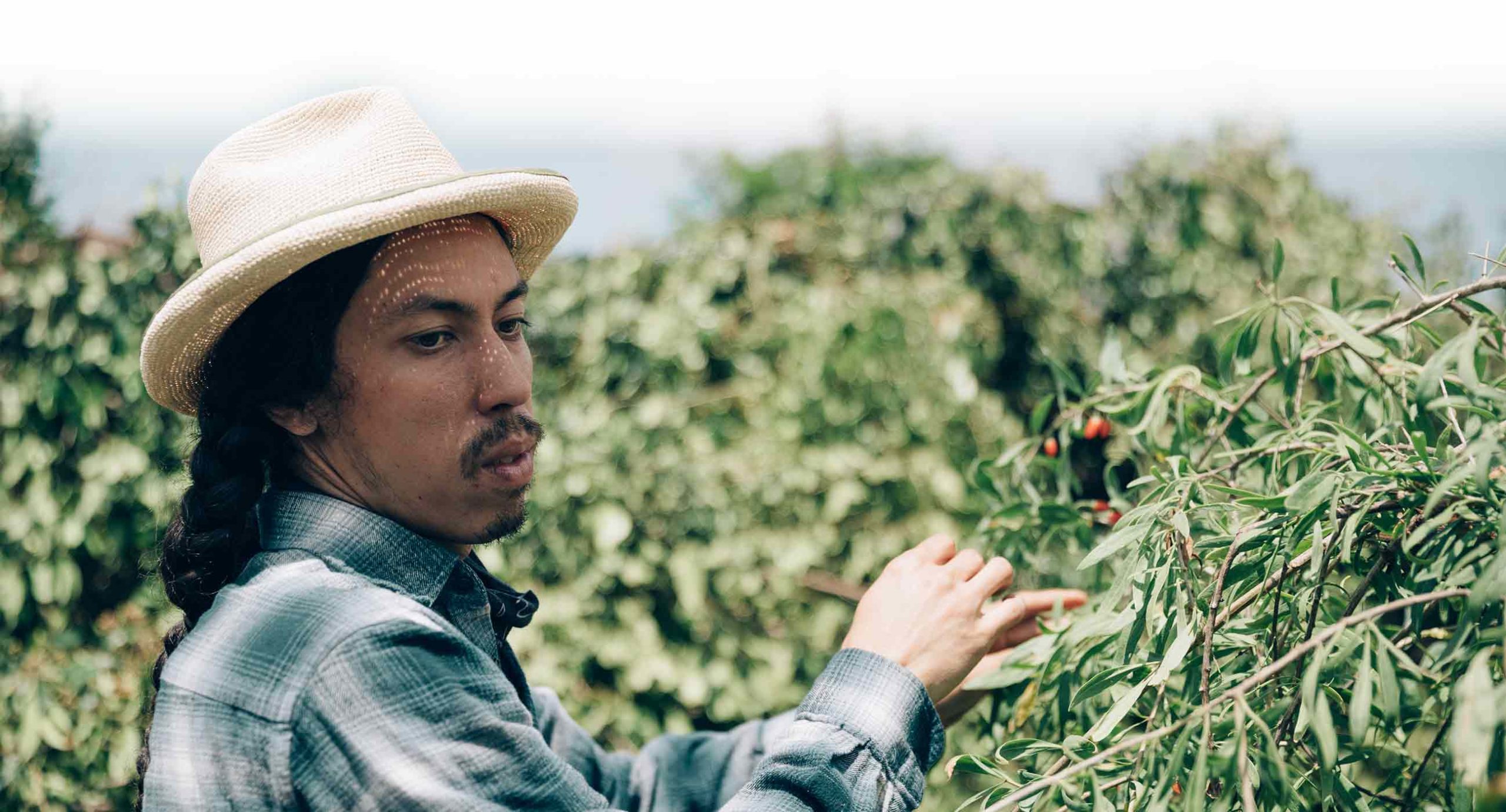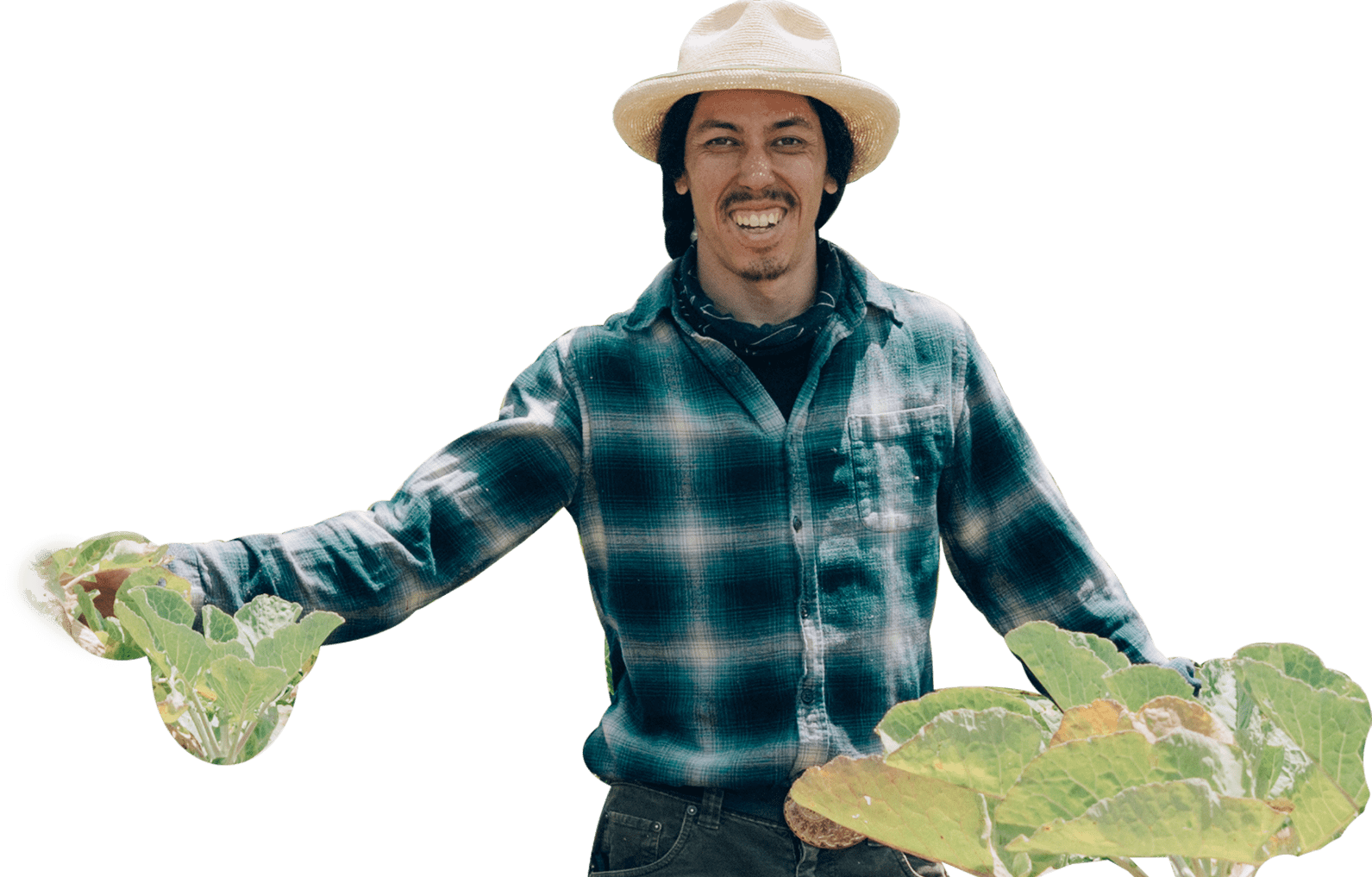FEATURED FARMER:
Nathan Lou
Is it land, sales or experience?
His acumen in land stewardship comes from working on a diverse set of soil canvases over the past 15 years ranging from a single pot on a sunny porch in urban San Diego (which started his farming journey) to managing ⅕ of an acre on his family’s land along with a sprinkling of other urban spaces.
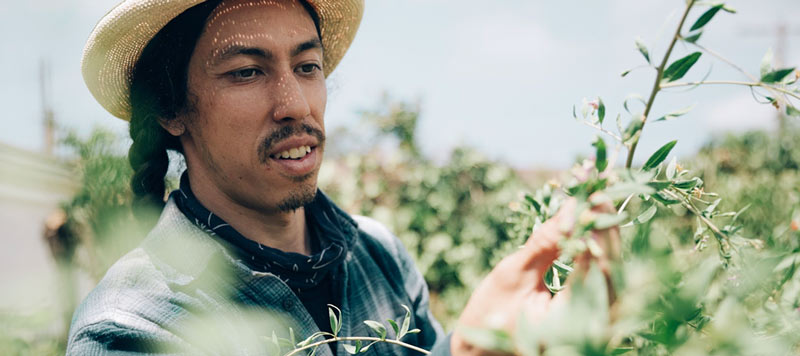
The reason Nathan’s work spans so many small spaces isn’t by choice, but rather due to a lack of access to land due to the high cost in California. He has had to manage a mosaic of individual micro spaces which have culminated into enough managed land to cultivate a livelihood.
Land access continues to be the insurmountable barrier for new farmers to get a start. This blockage has caused farmers like Nathan to get creative. One acre might actually be composed of five or more plots of urban land, farmed lawns and gardens, and segments of family-owned land.
Currently, he has 1/5 of an acre in production at the Lou Family Farm which is a three year old garden that sits on his cousin’s land which has over 30 fruit trees and has produced nearly 50 different agricultural commodities.
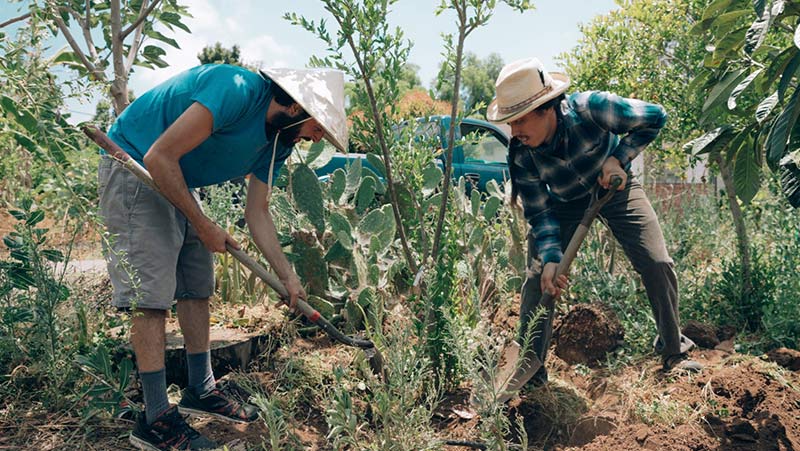
His focus and work on food sovereignty and food justice, even more now with recent current events showcasing the lack of justice for minority groups within agriculture, has been a driving force.
“The systemic wrongdoing within education inspires my work as an educator to be a bridge to those who don’t have access to this knowledge. We need more representation and more diversity at the foundation of these systems. Teaching is the most nourishing thing I do and knowing the cycle of knowledge is alive as I pass along what I learn to others, it brings me hope that they might carry on these practices and change their own communities.”
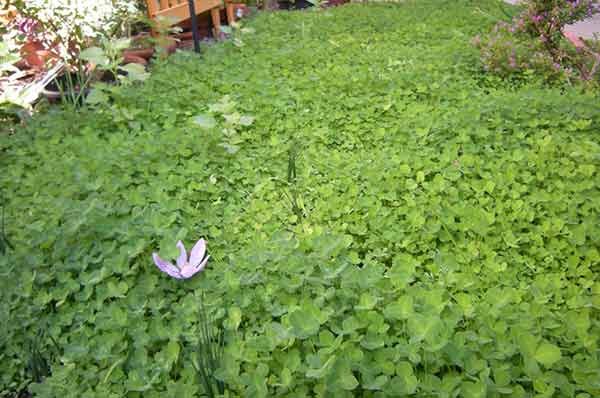
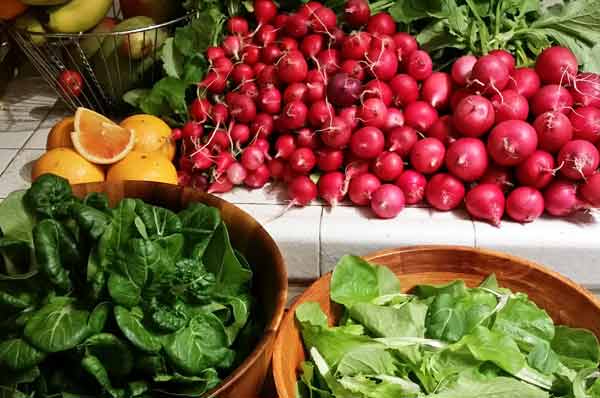
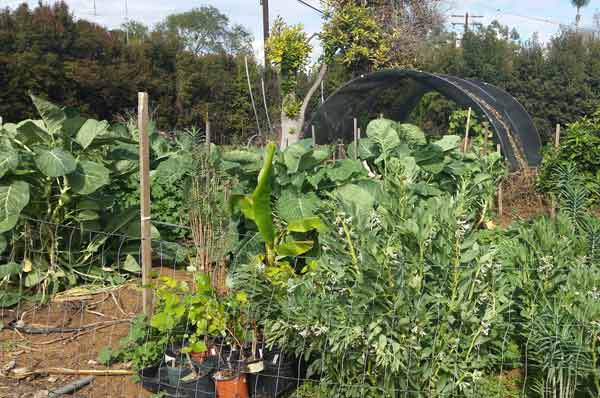
“My grandfather was a part of the last generation of true agrarians practicing regenerative agriculture before it was ever called regenerative.”
Nathan’s grandparents lived in the Mississippi Delta area. His grandfather was a butcher and operated a local market and when white business owners shut their doors to the Black community, Asian-owned businesses opened their arms to Black customers creating a close bond between the two minority groups.
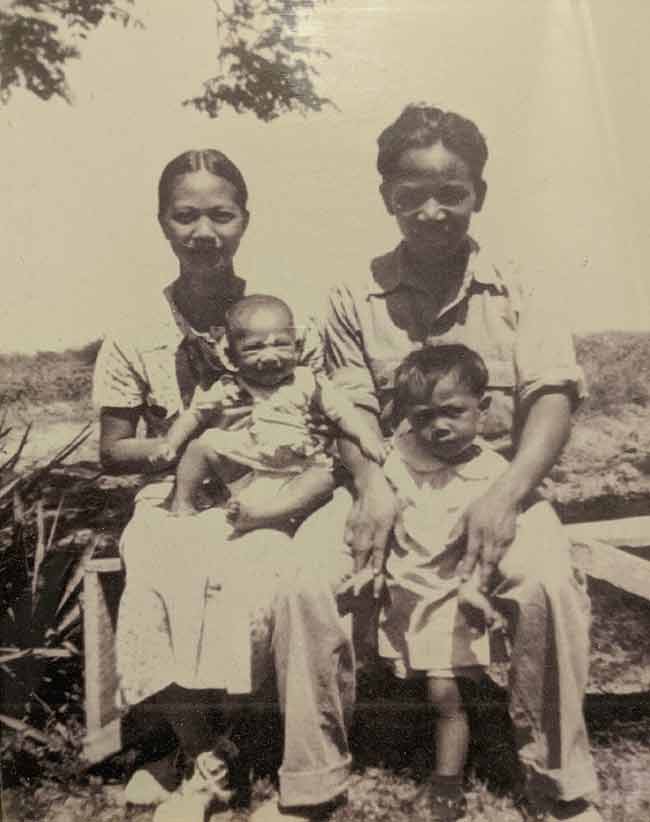
“We need to go back to traditional philosophies.”
Nathan and his non-profit organization, Mongol Tribe, supported the development of the Ocean Beach Seed Library and he regularly teaches classes about why it is so important to save heirloom seeds, just like his grandfather did.
But it wasn’t just his grandfather’s influence that drew him to agriculture. There was a defining moment in his life when his own health and wellbeing became dependent on soil health.
It all started with an asthma diagnosis.
When Nathan was diagnosed with asthma at a young age he was immediately armed with an inhaler and steroids to treat it which continued into early adulthood. That is, until he started doing his own research and began to learn about the long term effects of these treatments and went down a fateful rabbit hole to find more natural ways to address his asthma.
He’d heard cannabis had helped many people with asthma and started experimenting with low doses. “It was a transformational experience for me. It finally clicked that something I could grow in the soil could heal me better than any pharmaceutical solution.”
This experience prompted Nathan to take control of what he was putting into his body, and take a more vested interest in the food going into his family’s bodies, which has rippled out to his own community.
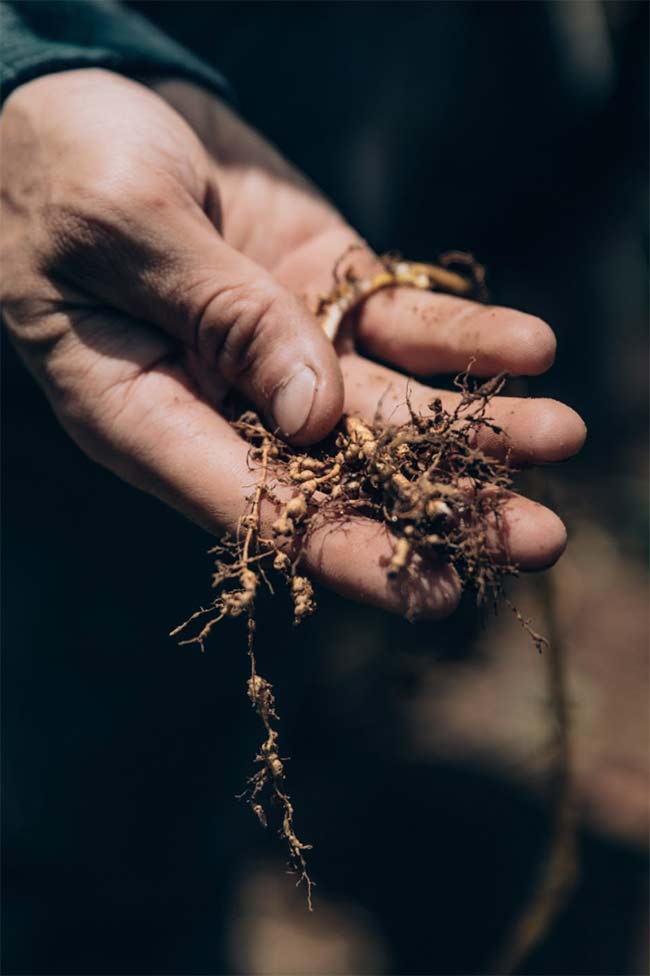
Nathan will tell you it’s a gradual disconnect to nature, the process of growing food, and the truth that we all have the ability to grow our own food, we’ve just chosen to outsource it.
Part of Nathan’s big vision is to create a space where people can experience the land like their ancestors once did.
“I’ve got a dream to get people with an urban mentality to step out into rural and semi-rural environments to instill an appreciation for local goods and industries so they can see and taste that food is the medicine we’ve all been searching for. It’s right beneath us, in the soil and it’s been here the whole time.”
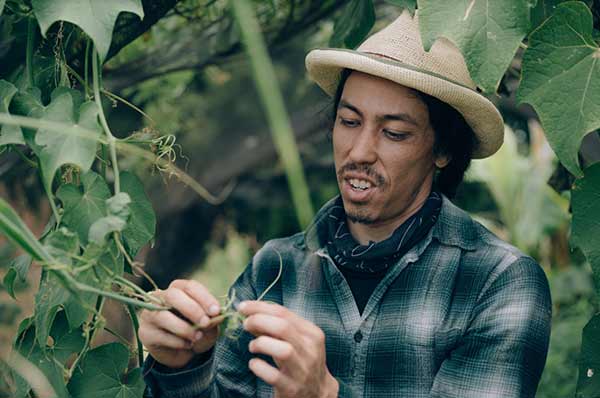
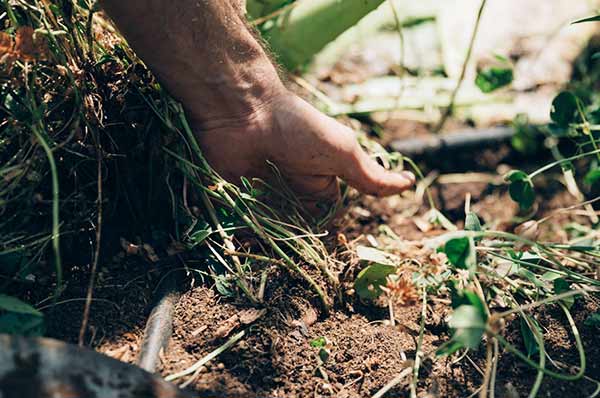
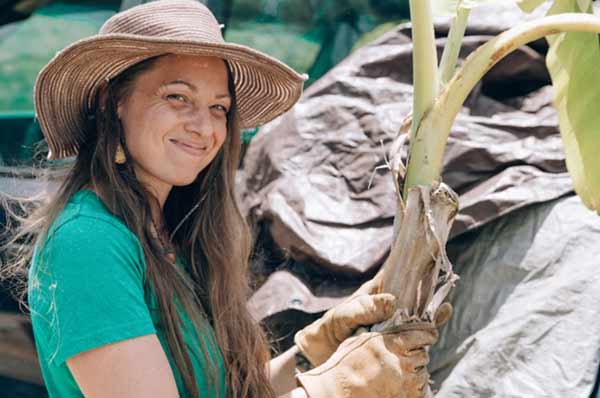
Nathan also has a vision to bring a food forest to one of the largest and well known parks in all of San Diego – Balboa Park.
“If I was able to set up an urban food forest as a place to provide food to those who need it most, educating people wanting to learn more about planting fruit trees, all while experiencing seasonal nectaries and harvests as a community within Balboa Park, would be a dream come true.”
The culmination of his lived experience and future vision was the impetus for founding Mongol Tribe, a grassroots 501(c)3 supporting community development and capacity building. His organization has four core pillars:
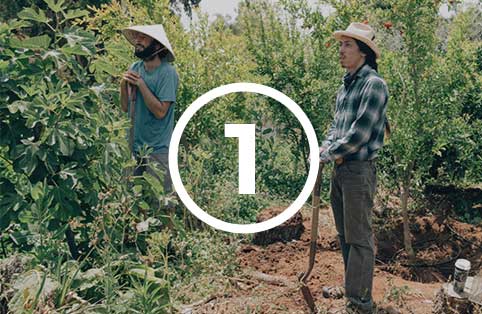
Cooperative
Development
LEARN MORE
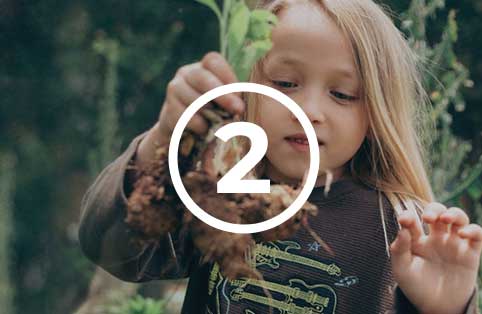
Hands-On
Education
LEARN MORE
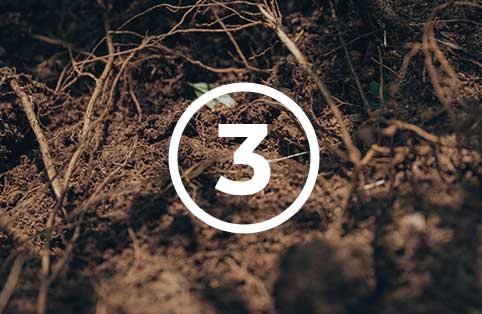
Regenerative
Agriculture
LEARN MORE
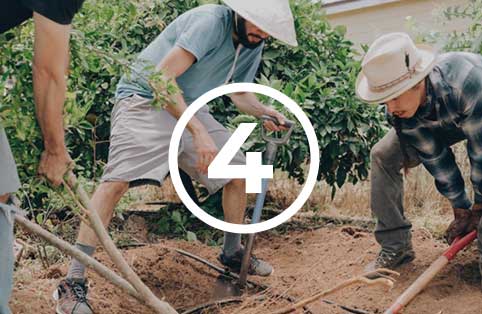
Solidarity
Economy
LEARN MORE
Mongol Tribe facilitates mindful interactions that encourage hope, inspiration, and participation throughout the community. From events & workshops, to seasonal lecture series & classes, they have opportunities for folks of all ages and skill levels. They are also developing a hands-on service learning program to cultivate real-world experience by connecting students with successful professionals. Additionally, they offer specialized consultation services and administrative support.
He describes the ultimate goal of his work to be the connection of holistic health and wellness with civic ecology to serve the public with seed access, education, urban planning and development at the ground level to integrate food forests into the infrastructure planning process to facilitate these practices.
To learn more about Nathan’s work and support Mongol Tribe, visit the links below:
